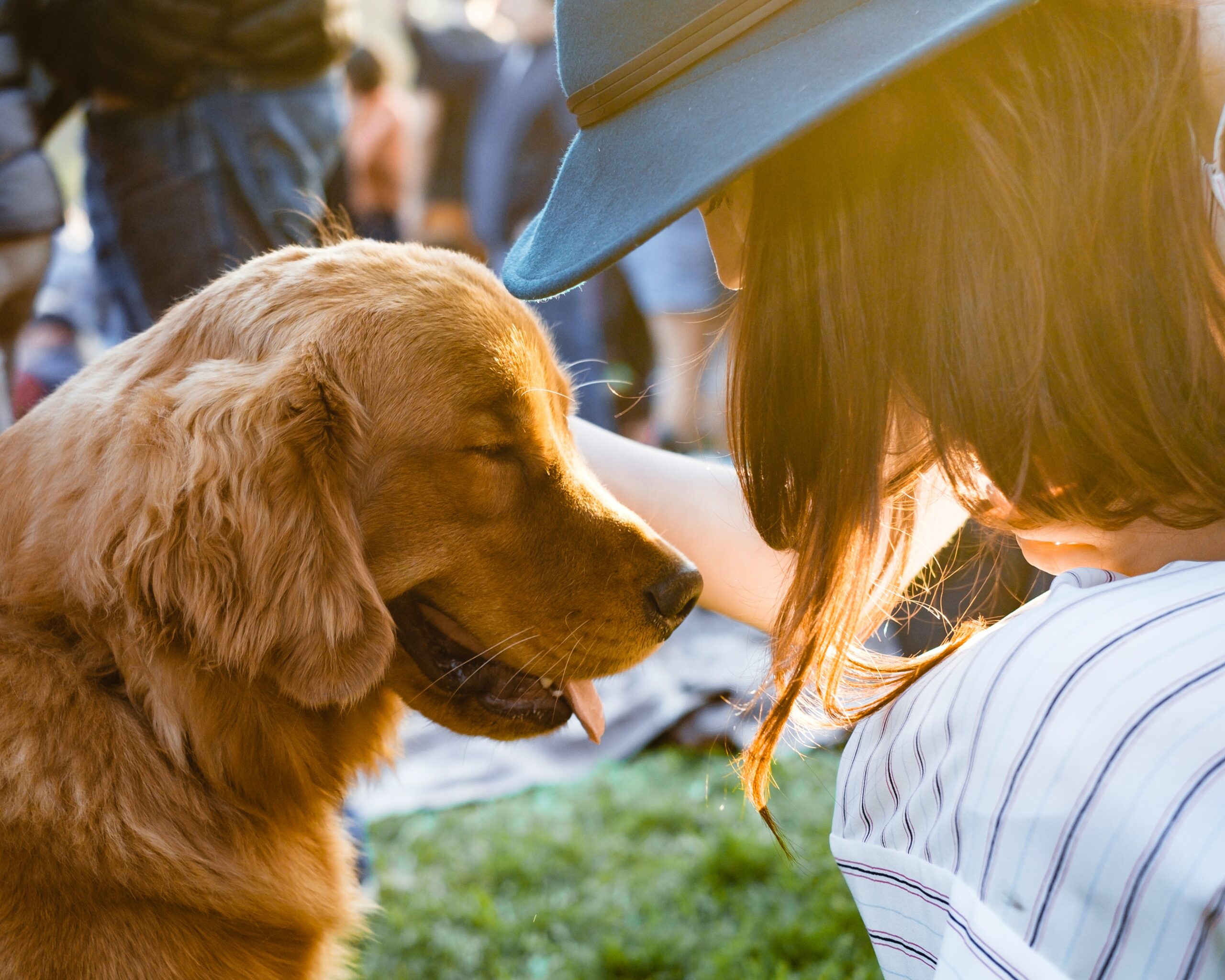While most people associate domesticated animals with comfort and companionship, service dogs can provide varied forms of care and support to people with physical disabilities, anxiety trouble, and many other limitations. Here are some facts and tips to get you started, courtesy of New York Dog Nanny.
Mobility and Manual Tasks
When people think of service dogs, most immediately picture a seeing-eye dog. Just as these animals can help the blind or visually impaired, hearing dogs are similarly trained to help the deaf and hard of hearing. They can alert their owners of important noises like alarms, crying babies, or company knocking at the door.
Mobility assistance dogs can help people who are in wheelchairs or otherwise non-ambulatory people navigate situations that haven’t been designed with them in mind. They can press elevator buttons and pull wheelchairs up steep inclines. Some specialize in assisting people with arthritis, cerebral palsy, or other afflictions that limit their movement.
Physical and Mental Health
Psychiatric service dogs help maintain their owners’ mental states as they navigate the world. This can manifest as the canine acting as a physical barrier between an anxious owner and the rest of the world, a companion for emotional support, or a helper turning on lights and making spaces more comfortable for people with mental illnesses or disabilities.
Some animals are trained to detect life-threatening situations and help mitigate them. Seizure-detecting dogs are able to sense when their owner is about to have an attack before they realize it themselves, letting them move to a safe space in preparation. During the seizure, the service animal may even be trained to protect their owner from harming themself inadvertently by holding their head still or lying on their chest.
Others can smell common allergens in food, preventing humans from eating potentially deadly meals. Some are even trained to detect when a diabetic owner’s blood sugar exits a normal range. This will prompt them to take whatever actions or medications are necessary to mitigate the problem.
Adjustments and Supplies
While they’ll need the usual supplies like food and enrichment toys, service dogs also require equipment and considerations beyond that of a regular pet. Follow the guidance of your animal’s trainer to ensure that their training remains unaltered while they bond with you. Keeping a calm and stress-free environment and treating them with patience and respect will help shape the canine’s emotional state and feelings toward you for the better. Be sure to purchase the equipment your trainer recommends while checking reviews to make sure you’re selecting a safe and reputable brand.
Installing a Fence
Make sure your yard can facilitate your new companion’s needs and wants. All animals need space for exercise and enrichment. If your yard needs to be enclosed by a fence, research your local contractors before committing to any particular company. Calling around for quotes and checking online reviews are great ways to assess the prices and reputations of companies in your area. Choose a licensed and insured fence installer whose prices reflect the materials they use and the quality of the work they do.
Service dogs come in many forms for different ailments and disabilities. Taking one in requires the training and accommodation of a trained professional as well as the love and care that a regular pet needs. When taking a service dog into your home, create a stress-free environment, purchase high-quality pet products, and install a fence to keep them safe outdoors.
New York Dog Nanny believes in meeting your dog’s needs proactively and holistically through our training program. In our eyes, needs are not negotiable and when a dog’s needs are met regularly you have a happy, healthy furry family member. Call 646-206-7601.
Image credit: Unsplash
Love our content? Share it with a friend or link it to social media. Like short clips of cute household pets? Training tips? Follow us on instagram @nydognanny or on YouTube at nydognanny. Have some news you needs to get to dog and cat parents stat? Email info@newyorkdognanny.com with your article pitch.




